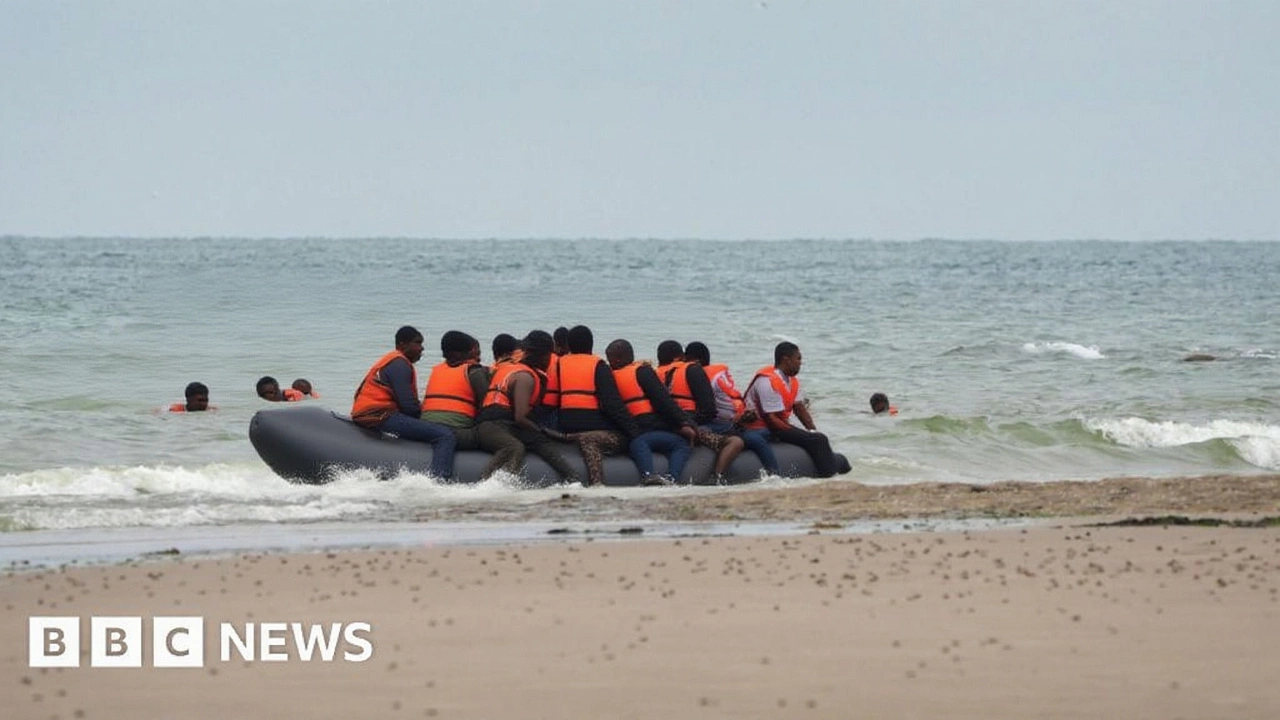The UK pauses new refugee family reunion applications from Sept 4, 2025 amid record asylum numbers, sparking criticism from charities and a review of policy slated for 2026.
Refugee Family Reunion – What It Means and Why It Matters
When talking about refugee family reunions, the effort to bring displaced relatives back together after forced migration. Also known as family reunification, it provides emotional stability, supports cultural continuity, and strengthens host‑community ties. Refugee family reunions encompass three core ideas: legal pathways that allow entry, humanitarian aid that smooth the journey, and integration programs that help families settle. This combination creates a “legal‑humanitarian‑social” loop where each part influences the next, forming a cycle that turns separation into lasting togetherness.
Key Factors in Successful Reunifications
First, the asylum process, the set of applications, interviews, and approvals that determine refugee status is the gateway. A clear, fair asylum process reduces waiting times and cuts down on paperwork errors, which in turn speeds up family reunions. Second, humanitarian aid, services like temporary housing, medical care, and translation support fills gaps left by bureaucracy, ensuring that families have safe places to stay while approvals are pending. Third, integration programs, language classes, job training, and community mentorship turn a reunited family into a contributing member of society. When these three pillars—legal, humanitarian, and social—work together, the chance of a smooth transition skyrockets.
Beyond the main pillars, other related entities shape outcomes. community support networks, local NGOs, faith groups, and volunteer circles that offer emotional and practical help often act as the glue that holds the process together, especially when official channels stall. The legal framework itself, including international conventions like the 1951 Refugee Convention, sets the standards that host countries must follow, influencing how quickly reunions can happen. Finally, mental‑health services are crucial; trauma‑informed counseling helps families process the stress of displacement and rebuild trust.
In the collection below, you’ll find personal stories, practical guides, and policy overviews that illustrate how these elements play out in real life. Whether you’re a newcomer trying to understand the steps, an advocate looking for effective support strategies, or simply a reader curious about the human side of migration, the posts ahead cover a wide range of perspectives. Dive in to see how legal pathways, aid programs, and community effort combine to turn the hope of reunion into reality.
